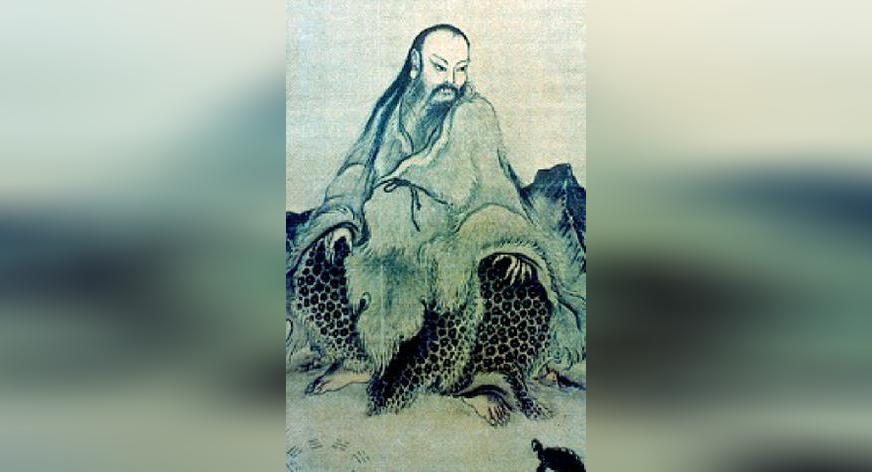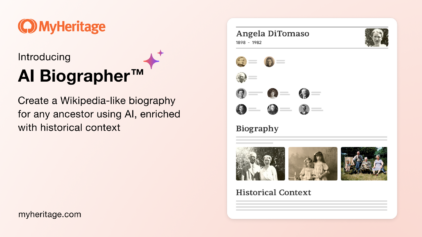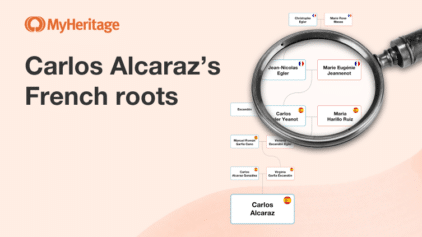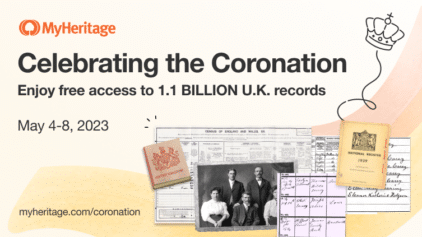

 According to legends, China first initiated the custom of using surnames during the reign of Emperor Fu Xi (2852BC).
According to legends, China first initiated the custom of using surnames during the reign of Emperor Fu Xi (2852BC).
Emperor Fu Xi is said to have invented 100 Chinese family names and declared that marriages could only take place between persons bearing different family names.
The use of surnames didn’t begin in the European world until about the eleventh century, with some patronymic surnames in Scandinavia bestowed as late as the nineteenth century. Surnames, for the most part, evolved during the past eight hundred years to help distinguish one person from another as the world’s population grew.
The search for ancestors can be quite an adventure and very addictive! With all the resources now available via the Internet, millions of people spend all hours of the day and night in hot pursuit, following the smallest leads. One thing that can drive us all crazy though are the challenges associated with name changes. These can range from variations in spelling, mispronunciation, additions, deletions, modifications, translations, nicknames, shortforms and just basic legal name changes!
For instance, take one of my Irish ancestors, with the surname Hamilton. According to some research, the Irish pronunciation of Hamilton is “Tomelty” and it was spelt as such on the baptism certificate. However, the surname “Tomelty” is apparently pronounced as Hamilton!! Others researching the same family tree have found the name to include variations of Tumbly, Toomerty and Tumalty.
Occupational last names were derived from the specialty crafts and trades of the medieval period, and are fairly self-explanatory. A MILLER was essential for grinding flour from grain, a WAINWRIGHT was a wagon builder, and BISHOP was in the employ of a Bishop. Different surnames often developed from the same occupation based on the language of the country of origin (MÜLLER, for example, is German for Miller).
Just to confuse things even further, it is also important to remember that some surnames, though their origins may appear obvious, aren’t what they seem. BANKER, for example, is not an occupational surname, instead meaning “dweller on a hillside.”.
Despite these basic surname classifications, many last names or surnames of today seem to be corruptions of the original surnames — variations that have become disguised almost beyond recognition. Surname spelling and pronunciation, like Hamilton, has evolved over many centuries, often making it hard for current generations to determine the origin and evolution of their surnames. Such family name derivations, resulting from a variety of factors, tend to confound genealogists.
When researching the origin of your surname, it is important to work your way back through the generations in order to determine the original family name, as the surname that you carry now may have an entirely different meaning than the surname of your distant ancestor. If you stick with a single name or spelling when searching, you’re probably missing out on a lot of good stuff.









